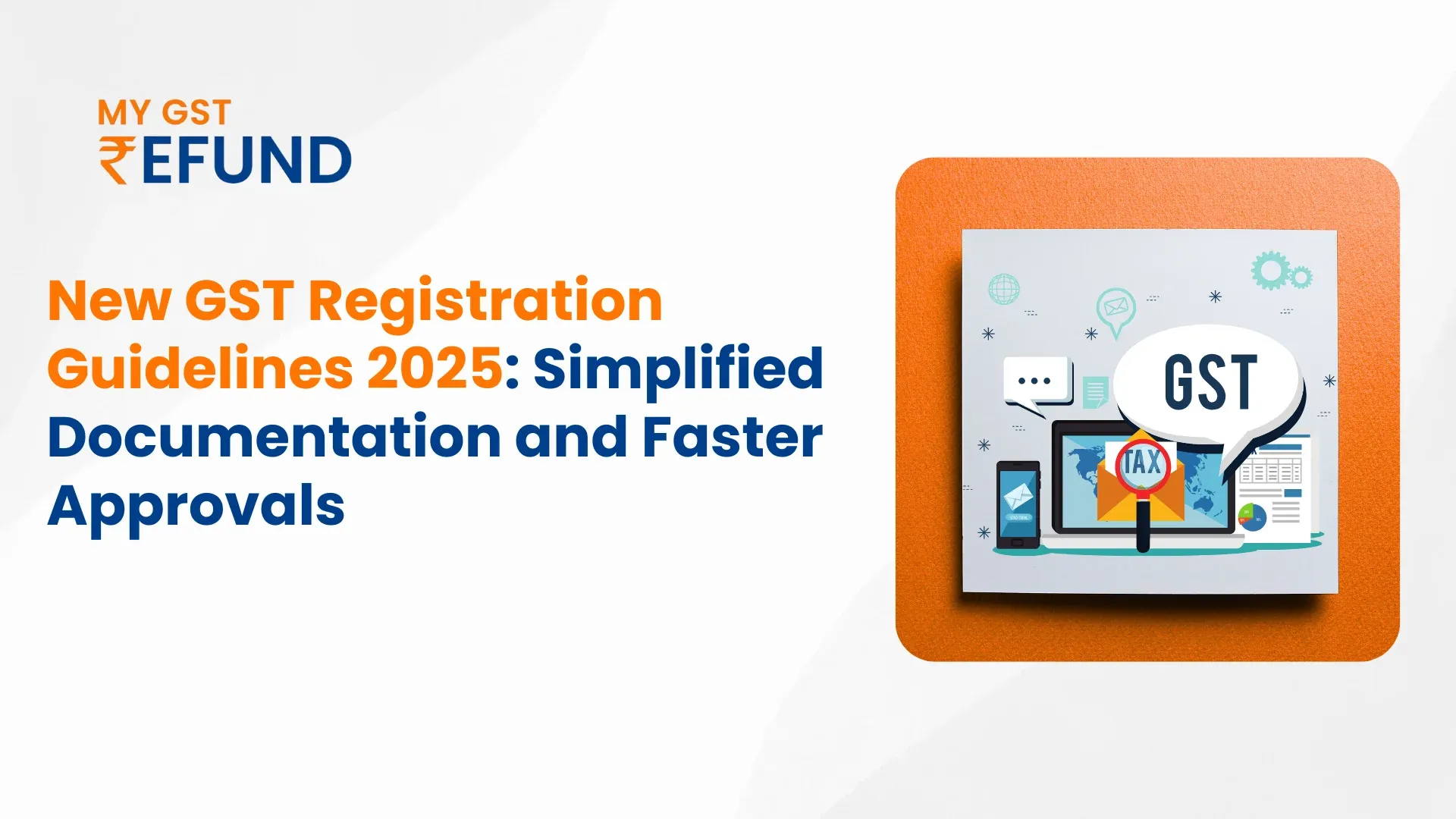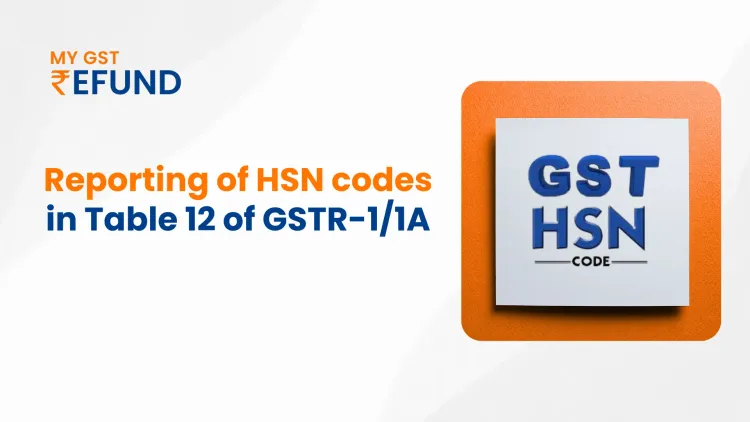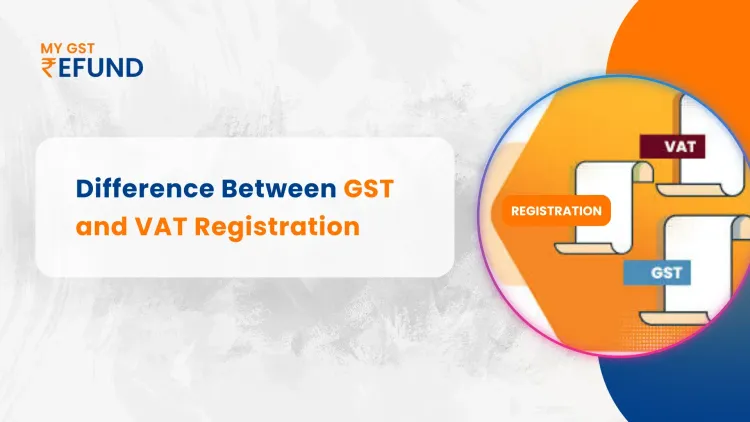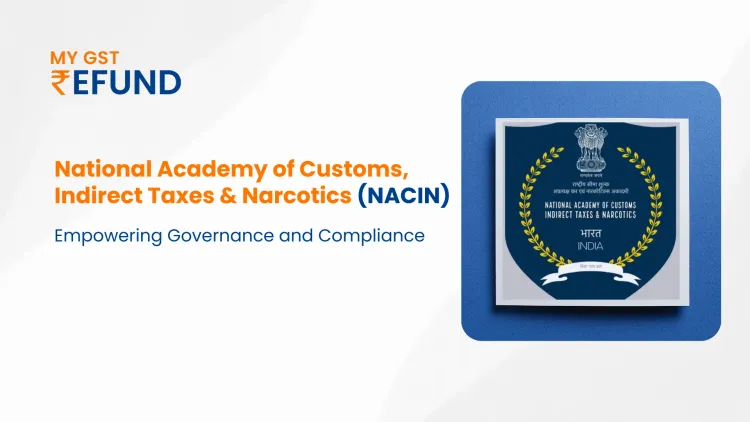New GST Registration Guidelines 2025: Simplified Documentation and Faster Approvals
On April 17, 2025, the Central Board of Indirect Taxes and Customs (CBIC) published Instruction No. 03/2025-GST as new guidelines. The guidelines present an easier path to obtain GST registration in India. Under Instruction No. 03/2025-GST issued on April 17, 2025, the older 2023 guidelines were replaced to resolve widespread issues encountered during GST registration requests.
These new guidelines maintain control of fraudulent applications while offering enhanced convenience for legitimate companies seeking registration. The system aims to reduce procedures while improving clarity as well as user accessibility. An explanation follows about the significant changes together with their business implications, while providing instructions for companies to maximize these updates during GST registration in 2025.
Why the New Guidelines Matter
Indian businesses need to obtain GST registration as part of their tax compliance process to obtain input tax credits (ITC). Numerous applicants have encountered multiple issues while trying to obtain GST registration status.
- Such unnecessary requests from officials sometimes led to delays or denied registration applications.
- Extra documentation requests are made despite being missing from the standard FORM GST REG-01 submission requirements.
- Each area follows unique practices that create confusion among taxpayers.
The 2025 updated guidelines establish solutions to resolve present system shortcomings through:
- All document requirements will be standardized for easy understanding.
- Official questioning power will receive regulated limits when it comes to asking unnecessary or random inquiries.
- The system operates under defined time boundaries for departmental examinations and approvals.
- Downloads and digital tools help visibility throughout the process.
The latest change provides advantages to startup ventures as well as small businesses alongside larger companies. The system promises streamlined registration procedures to help companies advance their growth while saving them time from dealing with governmental red tape.
Find out your GST Refund amount in seconds – quick, easy, and free!
Try now
Key Changes in GST Registration Guidelines 2025
1. Simplified Documentation for Principal Place of Business (PPOB)
The guidelines emphasize minimal and clear document requirements for proving the principal place of business, addressing one of the most common reasons for registration delays.
Owned Premises:
Applicants need to submit only one document from the prescribed list in FORM GST REG-01, such as:
Latest Property Tax receipt.
Municipal Khata copy.
Electricity bill.
Water bill or any state/local law-prescribed document proving ownership.
- No additional documents or original physical copies should be requested.
Rented or Leased Premises
The requirements for rented or leased premises depend on whether their agreement exists with registration or not. Applications for rented or leased premises need a registered agreement combined with one ownership proof from the lessor, including a Property Tax receipt or an Electricity bill.
The lessor needs to provide no proof of identity when filing a registration for unregistered rental agreements. Unregistered agreements need applicants to present the document together with one legal ownership proof of the lessor, along with ID verification (such as Aadhaar or PAN). The applicant must submit a rent agreement together with a utility bill, which demonstrates the power or water services in their name, but they do not need any documents or proof from the lessor.
Shared Premises or Consent-Based Premises ( Owned by Spouse/Relative)
Businesses located in shared premises (including premises owned by a spouse or relative) now have access to an easier setup process. A consent letter signed by the owner through written means stands as an acceptable document. When providing proof of their identity with Aadhaar and PAN, along with any single proof of ownership, such as an Electricity bill or Property Tax receipt needed. It should be prohibited for authorities to demand any papers beyond the already specified documents.
No Rent/Lease Agreement
The absence of a rent or lease agreement demands documentation through an affidavit created on non-judicial stamp paper. The affidavit needs legal authentication through a First-Class Judicial Magistrate or Executive Magistrate, or a Notary Public. An applicant must present a possession document that could include an Electricity bill in their name. These documents together serve as proof of possession of the premises.
Special Economic Zones (SEZs)
All applicants and SEZ developers within Special Economic Zones need to provide evidence through government-issued certificates, which they must upload according to guidelines. All businesses operating in SEZs need to present these mandatory documents for locating their business within the designated economic zone.
Practical Tip: Ensure all uploaded documents are legible and match the address details in FORM GST REG-01. Cross-verify with public sources (land registry, electricity company websites) to preempt queries.
2. Streamlined Constitution of Business Documentation
The guidelines clarify document requirements for different business types to prevent unwarranted demands:
Partnership Firms: Only the Partnership Deed is required. No additional certificates (Udyam, MSME, shop establishment) should be sought.
Societies, Trusts, Clubs, Government Departments: A Registration Certificate or Proof of Constitution is sufficient.
Key Insight: Officers are explicitly instructed not to request documents beyond those listed, reducing arbitrary rejections.
3. Elimination of Presumptive Queries
A significant reform is the prohibition of presumptive queries unrelated to submitted documents or information. Common invalid queries include:
- The residential address of the applicant/MD/authorized signatory does not match the registration state.
- HSN code of goods being “banned” in the state.
- Nature of activities “not suitable” for the premises.
Impact: This ensures officers focus on verifying document authenticity and relevance, not subjective assumptions, fostering a fairer process.
4. Faster Processing Timelines
The guidelines introduce strict timelines to expedite approvals:
Non-Risky Applications: If the application is complete and not flagged as risky (based on data analytics), approval must be granted within 7 working days.
Risky Applications or Physical Verification Cases: For applications flagged as risky, those without Aadhaar authentication, or where physical verification is deemed necessary (approved by an Assistant Commissioner or above), registration must be granted within 30 days after physical verification.
Physical verification reports (FORM GST REG-30) must be uploaded 5 days before the 30-day deadline, including GPS-enabled photos and details of efforts to locate premises (if non-existent).
Pro Tip: Track your Application Reference Number (ARN) on the GST portal and ensure it’s assigned to the correct jurisdiction to avoid delays.
5. Transparent Clarification Process
When Clarifications Are Allowed:
- Incomplete/illegible documents.
- Address mismatches or invalid address proof.
- Vague/incomplete address details.
- Cancelled/suspended GSTIN linked to the applicant’s PAN.
Process:
- Officers issue FORM GST REG-03 within 7 working days (non-risky cases) or 30 days (risky cases).
- Applicants must respond in FORM GST REG-04 within 7 working days.
- Approval or rejection (with written reasons in FORM GST REG-05) must occur within 7 working days of receiving the reply.
- Non-response to FORM GST REG-03 leads to rejection within 7 working days post-deadline.
Restrictions:
- Additional documents beyond the prescribed list require approval from a Deputy/Assistant Commissioner.
- No queries for minor deficiencies irrelevant to PPOB or business constitution.
Actionable Advice: Respond promptly to FORM GST REG-03 with clear, complete documents to avoid rejection. If rejected, review FORM GST REG-05 reasons and reapply with corrections.
6. Enhanced Oversight and Accountability
Supervision: Principal Chief Commissioners/Chief Commissioners must monitor application processing, physical verifications, and query patterns through periodic reviews.
Penalties: Strict action against officers deviating from guidelines ensures compliance.
Staffing: Adequate staff allocation to handle applications promptly.
Local Guidance: Trade notices to clarify acceptable documentary evidence based on local systems.
Business Benefit: Consistent enforcement across zones reduces regional disparities, making the process predictable.
How Businesses Can Prepare for GST Registration in 2025
To leverage these guidelines for a seamless registration experience, follow these steps:
1. Gather Required Documents:
- For PPOB: Property Tax receipt, Electricity bill, rent agreement, or consent letter (as applicable).
- For business constitution: Partnership Deed, Registration Certificate, etc.
- Ensure documents are legible and match FORM GST REG-01 details.
2. Verify Address Details:
- Cross-check address accuracy with uploaded documents.
- Use GPS-enabled tools to confirm coordinates for shared/rented premises.
3. Complete Aadhaar Authentication:
- Opt for Aadhaar authentication to avoid being flagged as risky, speeding up approval.
4. Monitor Application Status:
- Track ARN on the GST portal and respond to FORM GST REG-03 within 7 days.
5. Consult Professionals:
- Engage a GST practitioner or CA to review your application for compliance with FORM GST REG-01 requirements.
Implications for Stakeholders
New guidelines in GST registration provide several advantages to multiple groups involved. The streamlined documentation system, together with an expedited approval process, enables startup businesses and Small and Medium Enterprises to penetrate markets rapidly because of minimized entry requirements. Businesses seeking to establish themselves receive a major advantage through streamlined procedures that decrease start-up time.
Large enterprises find multi-state registrations easier due to the standardized procedures across different jurisdictions. The uniformity helps maintain clarity, thereby creating stability among businesses operating across several regions.
The defined guidelines help tax officers reduce their mistakes and improve their accountability performance. Defined rules allow tax officers to concentrate on applying procedures correctly rather than dealing with uncertainties in the protocols.
A whole system-wide improvement emerges due to the GST ecosystem. Risk-based verification systems stop false registrations from occurring, and strong compliance maintains the purity of the Input Tax Credit functions. The improved tax system enhances the trustworthiness and efficiency in tax operations for all participants involved.
Challenges and Solutions
Despite being built with robust capabilities, there are possible obstacles that could appear during execution. States could fail to implement guidelines with consistent standards since they adopt rules at different levels. Businesses who encounter problems with implementation can reach the CBIC through an email to gst-cbec@gov.in, where they must specifically mention Instruction No. 03/2025-GST.
Businesses may encounter technical problems with GST portal uploads, which might occur while conducting their transactions on the system. Regular saving of drafts paired with immediate contact with the GST helpdesk enables applicants to prevent system disruptions.
The basic knowledge about recent rule changes appears to be the main hurdle since many applicants remain uninformed about the updated guidelines. Businesses must read trade notices from the Chief Commissioners at regular intervals while monitoring the official GST portal for updates. Whether you're registering under the 2025 guidelines or dealing with pending GST refunds, MYGSTRefund can help simplify your tax journey. Click here to explore their services
Conclusion
The GST Registration Guidelines 2025 mark a significant step toward a business-friendly tax regime in India. The CBIC solved major issues in the registration process through documentation simplification coupled with strict timelines and limited arbitrary enforcement of queries. Companies will receive their registration approvals from 7 to 30 days based on risk assessment during this smooth process. Organizations seeking maximum advantages from the application process need to verify all paperwork precisely and choose to authenticate through Aadhaar and actively check their application statuses.
Additional details about implementation or report issues can be directed to the CBIC through their email address gst-cbec@gov.in, or visited at the GST portal. Stay compliant, stay ahead!
This article presents information about Instruction No. 03/2025-GST as guidance according to original source material. People should seek tax advice from professionals to get customized recommendations.
Frequently Asked Questions
1. Who needs to register for GST in 2025?
Businesses with an annual turnover above ₹20 lakh (₹10 lakh in special states), those making inter-state sales, e-commerce sellers, or under reverse charge must register. Voluntary registration is also allowed for businesses seeking input tax credit.
2. What documents are required for GST registration?
You need a PAN, Aadhaar, proof of business address, bank details, and a photograph. Ensure documents are current and match your business details to avoid application rejection.
3. How long does it take to get GST registration?
If Aadhaar authentication is completed successfully, registration is granted within 3 working days. Without Aadhaar authentication, the process may take up to 7–10 working days, including possible physical verification.
4. What is the penalty for not registering under GST?
Unregistered businesses liable for GST face a penalty of 10% of the tax due (minimum ₹10,000). For deliberate tax evasion, the penalty increases to 100% of the tax amount.
Related Posts








